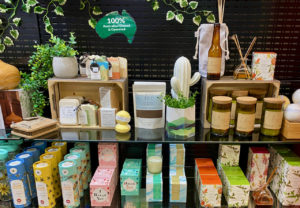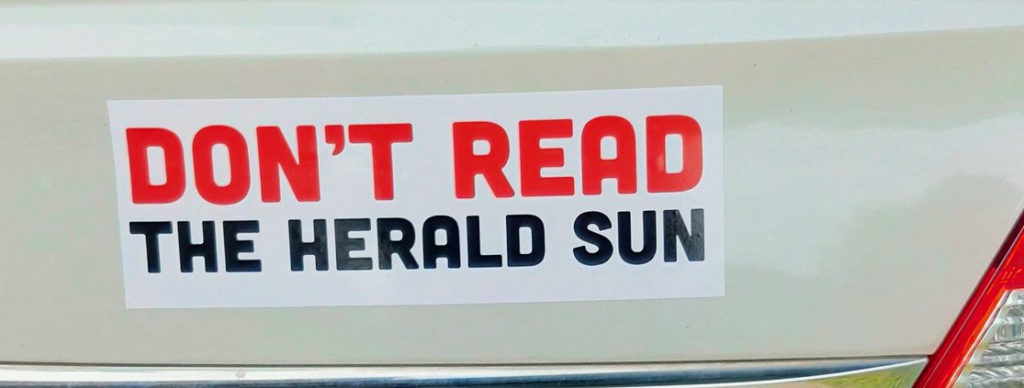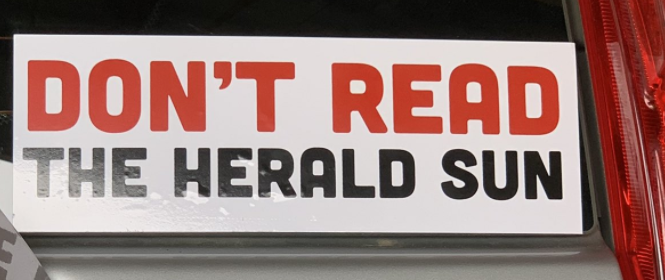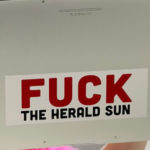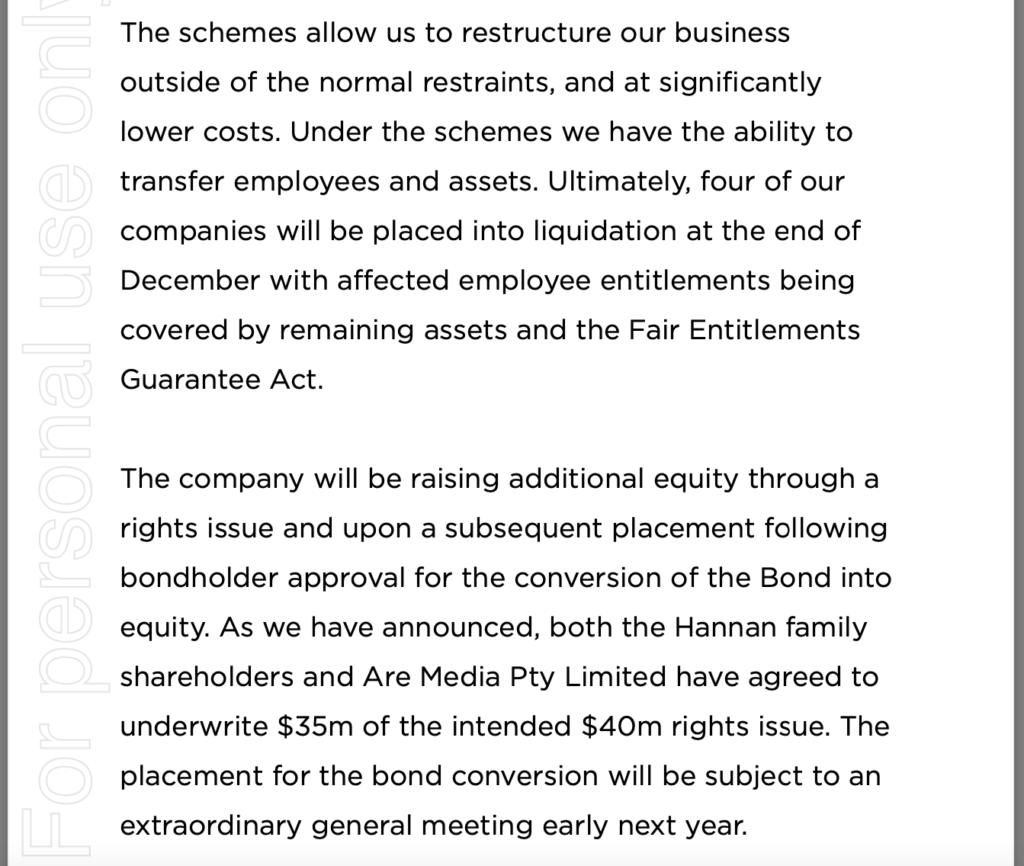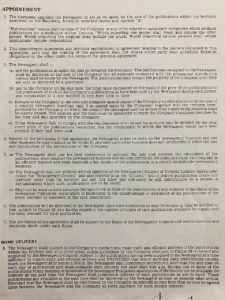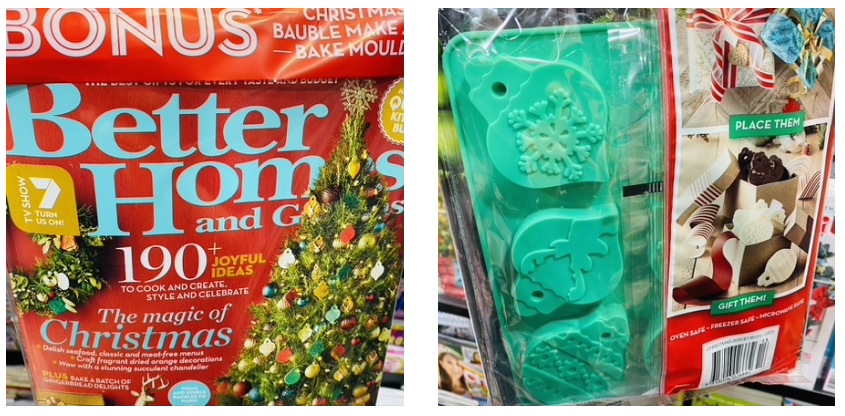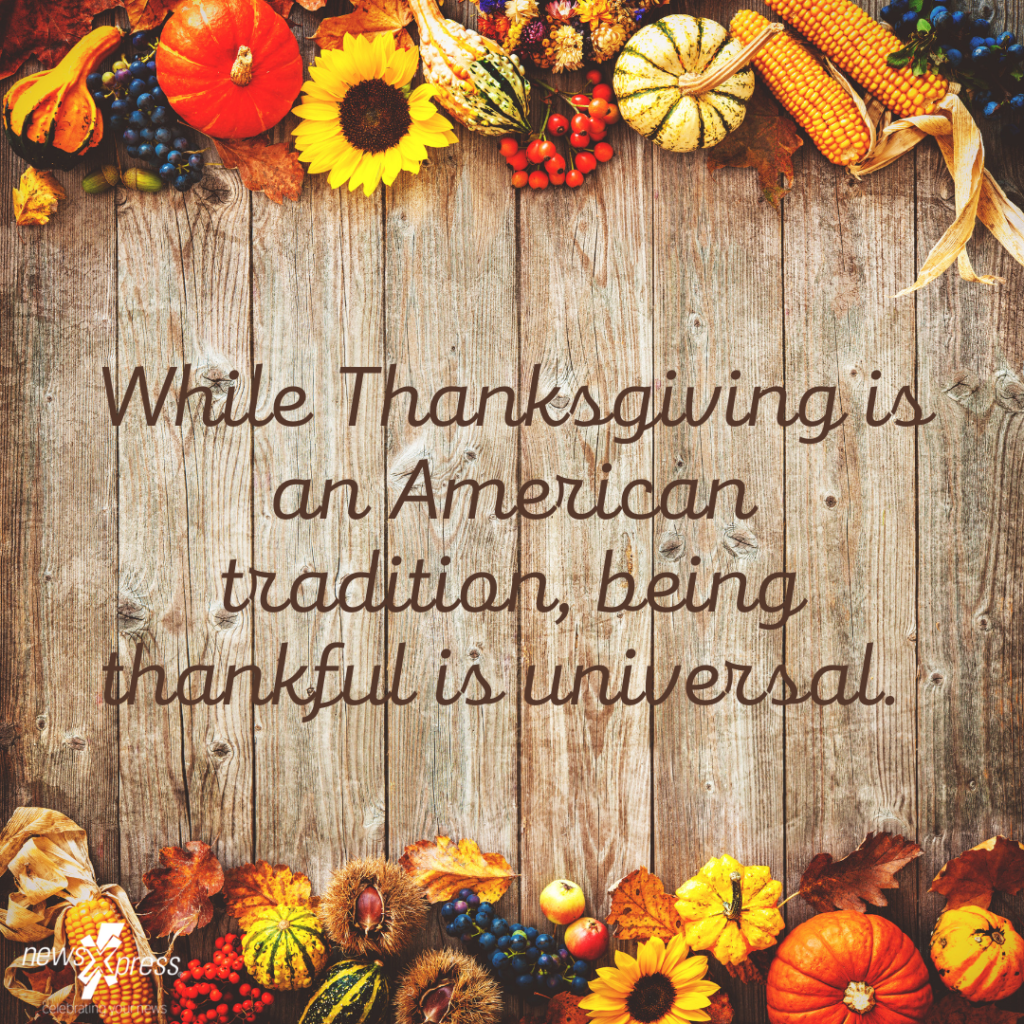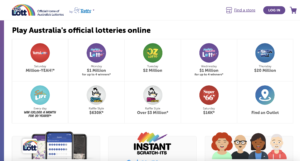We need to stop asking / telling people to shop local
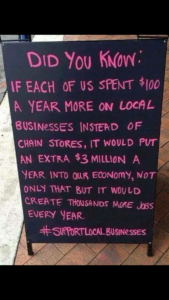 The signs we see on the streets and on social media asking people to shop local are not cutting through, they have become tiresome, something to ignore or scroll past.
The signs we see on the streets and on social media asking people to shop local are not cutting through, they have become tiresome, something to ignore or scroll past.
They can sound shouty and entitled.
They can come across as selfish.
I get that they feel like a reasonable pitch that is easy to make.
I think a better approach is to say thank you.
By being genuinely grateful to shoppers for their business is an excellent step.
By sharing your gratefulness through active and public community engagement is an excellent store.
By saying thank you in your social media posts is good, too.
These are some ways you can show shopping local as being beneficial and appreciated. I think that will work better than telling people to shop local.
Here is an example of the approach we are using within newsXpress. This is a simple social media post that expresses gratitude for people shopping local. They key to me here is that that the post does not say thank you for shopping with us. It’s not about us. It’s about local, the community.
By sharing several of these with the same or similar messages, we are supporting the broader local community – businesses, community groups and folks who live locally.
While I am no marketing expert, my sense is that locals are more likely to appreciate this simple appreciation message than the longer request notice (and others like it) that I have shared in this post.
If you have looked at social media content for newsXpress that I have shared on this blog, you will notice that on videos I almost always use Thank you for shopping local at the end. I have done this for several years, again, reinforcing that it is appreciation for local shipping that I preference ahead of a more personal appreciation. I don’t want to assume that everyone seeing this content has shopped with us.
What you do in your business is, of course, up to you. For me, it’s about gratitude and appreciation of people shopping locally, because I think that plays well for my own local business.

